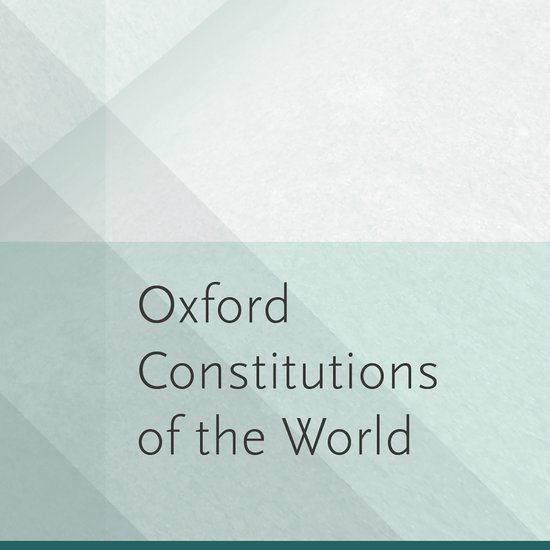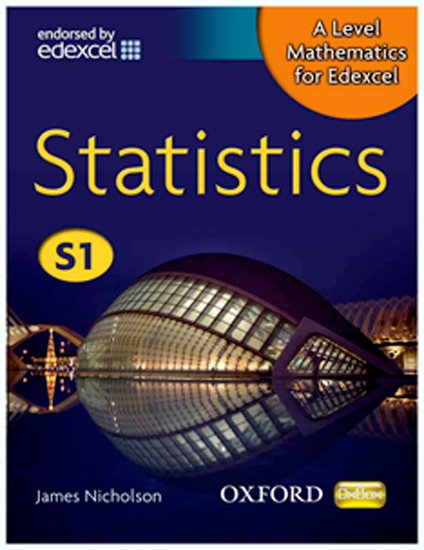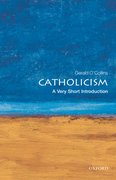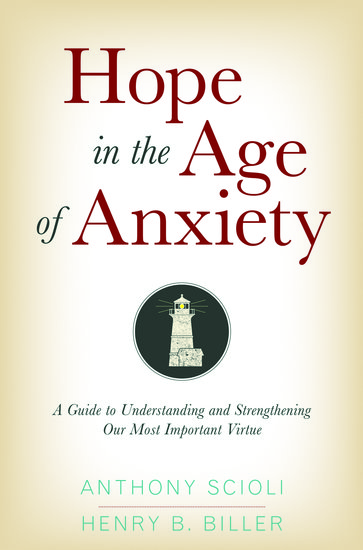By Michael Ferber
The Very Short Introductions are indeed very short, so I had to cut a chapter out of my volume that would have discussed the aftermath or legacy of Romanticism today, two hundred years after Romanticism’s days of glory. In that chapter I would have pointed out the obvious fact that those who still love poetry look at the Romantic era as poetry’s high point in every European country. Think of Wordsworth, Keats, Shelley, Pushkin, Mickiewicz, Leopardi, Lamartine, Hugo, and Nerval. Those who still love “classical” music fill the concert halls to listen to Beethoven, Schumann, Chopin, Berlioz, and Wagner; and those who still love traditional painting flock to look at Constable, Turner, Friedrich, and Delacroix. These poets and artists are still “alive”: their works are central to the culture from which millions of people still draw nourishment. I can scarcely imagine how miserable I would feel if I knew I could never again listen to Beethoven or read a poem by Keats.









